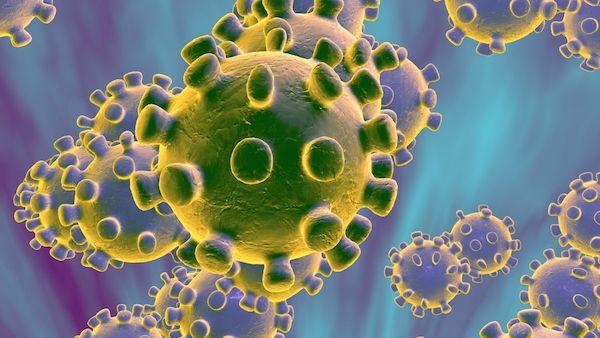As the coronavirus pandemic spreads in the United States and across the world, little is known and less is fully understood. is an intense focus on how we can effectively protect ourselves and our families.
A pandemic is inherently a really stressful and overwhelming time so we compiled this list of the absolute basics you can do today to protect yourself and your family.
Wash Your Hand Regularly
This might seem like simple advice but it remains the #1 most effective way to slow the spread of the coronavirus.
Your handwashing technique matters quite a bit!
Experts advise washing hands with warm water and soap for a minimum of 20 seconds making sure to also thoroughly wash the tips, back of the hands, fingers, and under the nails.
Regardless of whether you leave your home or not, we recommend developing the habit of washing your hands every hour or two and definitely every time you return home even if you were just out checking the mailbox.
Regular and thorough hand washing is our best defense against the virus.
Do Not Touch Your Face!
We don’t realize how many times a day we touch our face until we are advised to avoid it. Avoid touching your face especially your nose, eyes, and mouth as much as possible. Coronavirus is not airborne meaning it can not travel through the air. It is only transmitted when an individual touches a surface that contains cough/sneeze droplets from an infected person and then touches the face where the virus can enter the body through the nose, eyes, and mouth. There is no evidence that the virus can be transmitted through blood or sweat. If you must touch your face, make sure to wash your hands thoroughly before you do.
Practice Social Distancing
“Social Distancing” is a quickly spreading term that refers to keeping a safe physical distance between individuals. This means avoiding any gathering of more than 10 individuals and keeping a minimum of 6 feet distance between people. This, of course, might not be feasible at all times for example in workplaces that must remain open during the pandemic, hospitals, supermarkets, and the subway system. In these situations, the recommendation is to try to do your best to practice a safe distance. The purpose of this practice is to limit community transmission so although households can not exercise social distancing, by limiting their exposure with other families, they can help reduce transmission rates and slow down the spread of the virus. Social distancing is the only option we currently have to drastically reduce the number of cases. Social distancing is not about protecting yourself only but also about protecting your loved ones and the greater community.
Cover Your Caugh/Sneeze
This is good advice regardless of the pandemic; covering your mouth when you cough/sneeze is critical for reducing transmission rates for all viral diseases. Whether we are experiencing a surge in cold and flu cases or dealing with a major viral pandemic like coronavirus, by covering the mouth when we cough/sneeze, we are stopping the source of infection spread. Simply use a disposable tissue to catch the droplets from the cough/sneeze and then safely discard the tissue. Alternatively, use the elbow to cover the cough. It is important to practice this even when no one else is around because the coronavirus appears to survive on surfaces anywhere between a few hours to up to 3 days! No exposed droplets mean no chance of transmission.
Know The Signs And Act Fast!
Mortality rates associated with the coronavirus are reduced drastically when patients seek early care. It is therefore imperative to recognize the symptoms and seek early medical care. The main signs to look for are a fever of 100.4 or more, a dry cough, and difficulty breathing. If you notice any of these signs, isolate immediately and then call your doctor! Do not go to the hospital as you are likely going to infect others in the process. Your doctor or local care facility will give you specific guidelines on how to proceed, follow the guidelines thoroughly to improve your recovery process and protect your loved ones. Since coronavirus symptoms can be similar to the flu and common cold, below is a great graph to help you identify whether your symptoms are related to the coronavirus or other common viral infections.

Conclusion
Coronavirus spreads fast and easily but by taking these simple steps you can drastically reduce your chances of catching the virus and/or passing it on to others. A little care and mindfulness can go a long way to help reduce mortalities, complications, and the overtaxing of the medical facilities which will impact all patients, not just those infected with the virus. By doing your part you are helping prevent tens and perhaps even hundreds of new cases.



